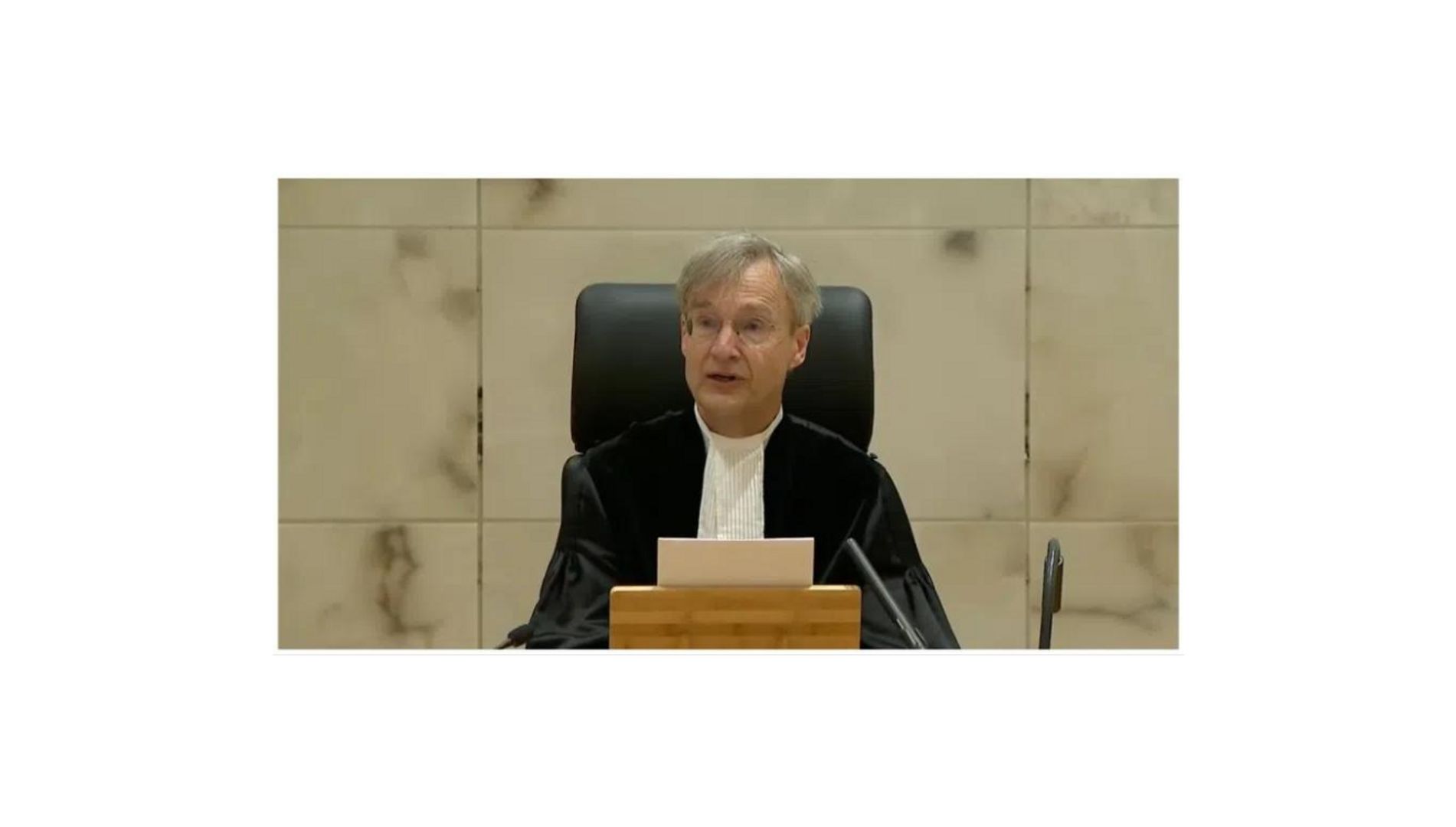
Supreme Court on Box 3: Investors Need to Pay Less Tax
Supreme Court Ruling on Box 3: Investors Only Need to Pay Tax on Actual Returns
The Supreme Court has decided that investors only need to pay tax on their actual returns. This means that if you were taxed based on an estimated return that is higher than your actual return, you will pay less tax.
On Thursday, the Supreme Court issued a ruling on the tax on income from savings and investments following the introduction of the Box 3 Restoration Act. This act was implemented after a 2021 ruling which determined that the tax levied from 2017 onwards was against European regulations. Therefore, the government had to compensate people who had paid too much tax.
The government recalculated the estimated returns for savers and investors who filed timely objections against their tax assessments between 2017 and 2020. If this new estimated return was lower than originally calculated, they received compensation. Some investors disagreed with this and believed that the government should use the actual returns instead of an estimated return.
According to the new law, the tax in Box 3 is calculated based on estimated returns on savings and other investments such as stocks and real estate. The estimated return on savings is low because interest rates on savings accounts have been negligible in recent years. For other investments, an average return over several years is used, which ranged from 5.37% in 2017 to 6.17% in 2023.
Sometimes, this estimated return can significantly differ from what investors actually earn. For example, in 2022 the AEX index dropped by 13.65%, while the tax office used a positive return of 5.53% for the tax assessment. In 2021, the opposite happened: the AEX rose by 27.75%, but the tax office used an estimated return of 5.59%.
The Supreme Court has now determined that if the actual return from savings and investments, minus any interest paid, is lower than the estimated return in the tax assessment, taxpayers can report this to the tax office. The tax office must then reduce the tax accordingly.
